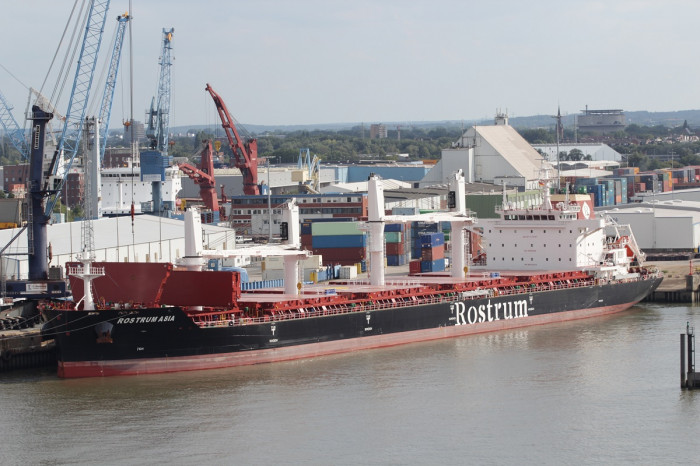
Russian ship calls to EU ports fell 10 times, and to Turkey and China - increased significantly
Sanctions and accompanying restrictions against the Russian Federation due to its war of aggression against Ukraine have seriously restructured the sea transportation of the aggressor country. Russian ship calls to EU ports fell tenfold in the third quarter of this year. But ship calls to Turkish ports increased sharply, and the frequency of calls to China increased by 17%.
According to Lloyd`s List Intelligence, in the third quarter of 2022, the number of calls by Russian-flagged vessels to EU ports was 107, compared to 1,042 in the third quarter of 2021.
From the 27 countries of the European Union, Russian vessels entered the ports of only nine countries. Bulgaria (39) and Germany (24) became the record holders, but they also registered a decrease compared to the third quarter of 2021 by 40.9% and 45.5%, respectively.
It is noted that ship calls to the ports of the USA and Great Britain have not been registered since the introduction of the relevant sanctions.
At the same time, the number of calls by vessels under the flag of the Russian Federation to the ports of Turkey increased by 44.6% - to 1,116, and to the ports of China - by 17%, to 391 callsdo
Great Britain and Canada have banned Russian-flagged ships from entering their ports since March 1, the United States - since April 28. As part of the fifth package of sanctions, the EU banned Russian-flagged vessels from entering its ports from April 16, and from July 29, the ban was extended to locks as well. But entry was allowed for ships to import a number of cargoes: humanitarian, pharmaceutical, titanium, aluminum, copper, nickel, palladium, iron ore, a number of chemical and metallurgical products, coal (until August 10), as well as energy cargoes. Oil tankers were allowed to enter EU ports for short-term agreements or contracts concluded before June 4, as well as for the delivery of non-Russian oil and petroleum products. But an embargo on Russian coal was put into effect on August 10, and an embargo on oil came into effect on December 5.
According to Russian experts, by the second quarter of 2023, when the embargo on oil products will already be in effect, ship calls to the EU will drop to almost zero. At the same time, Russian goods will most likely continue to be delivered using "gray" schemes and through the use of ports and fleets of third countries.
As reported the day before, Russia is engaged in the creation of a "shadow fleet" of oil tankers, which companies from the Russian Federation are buying around the world in order to bypass the EU oil embargo, which will come into force on December 5.




